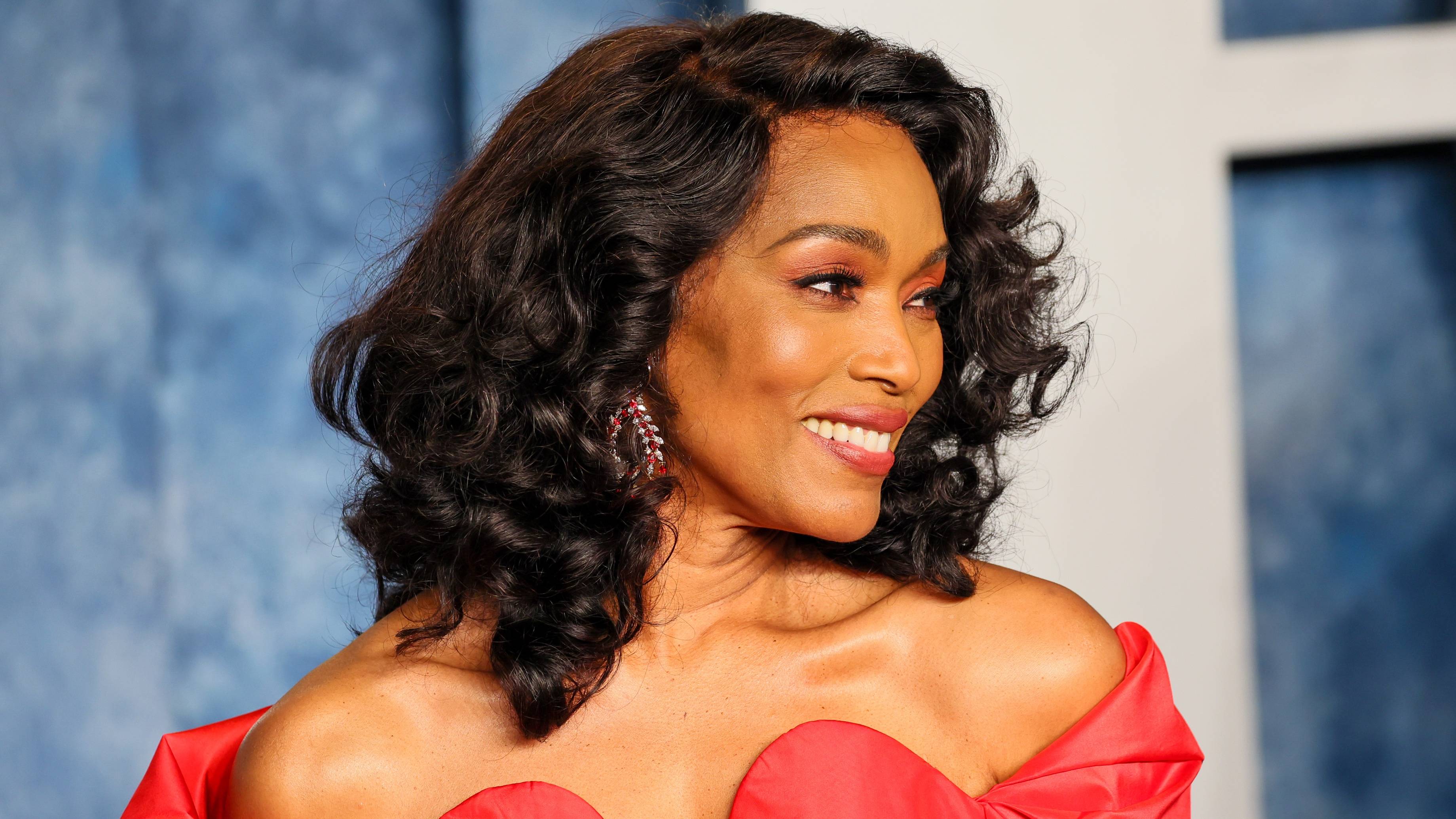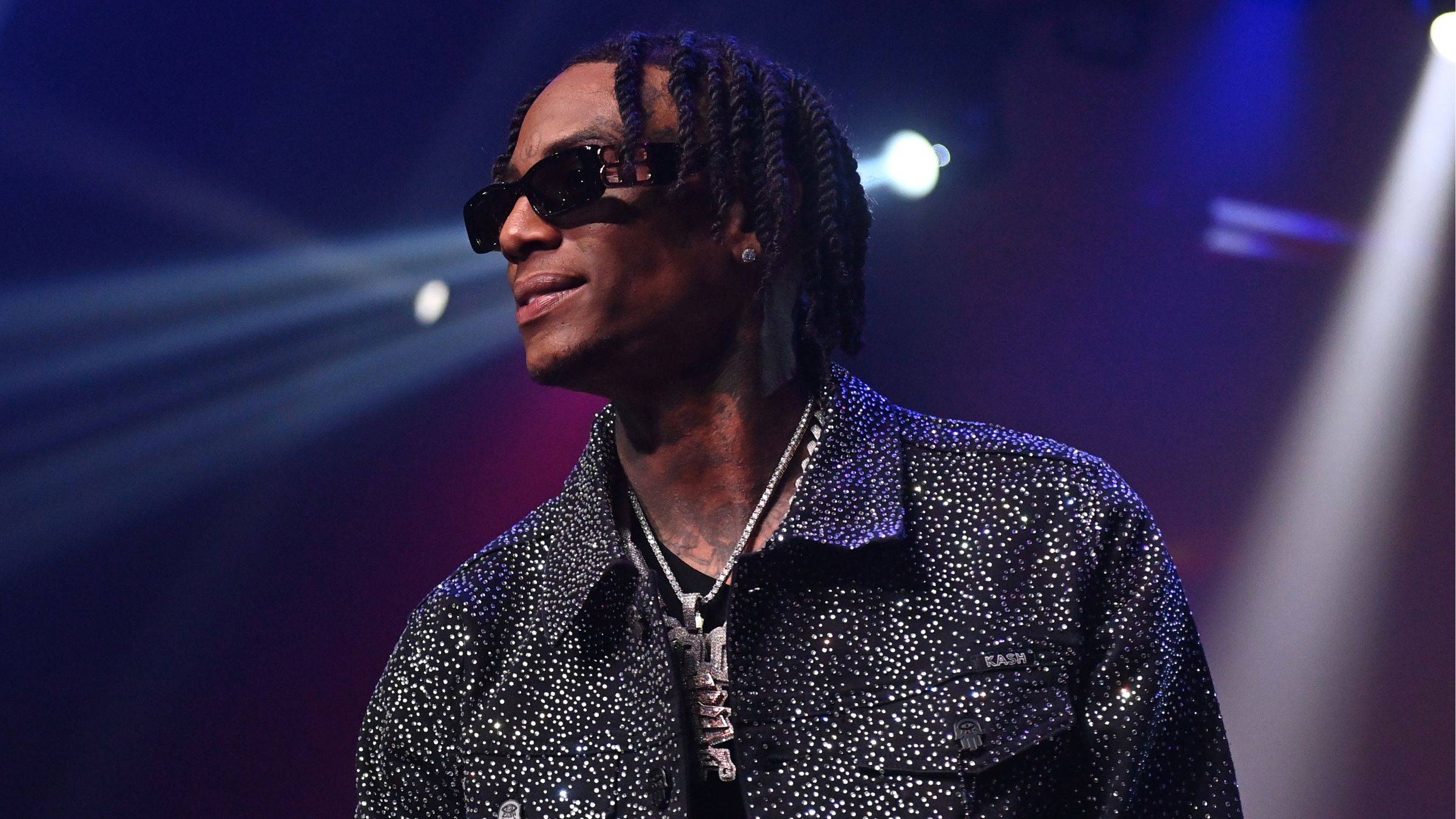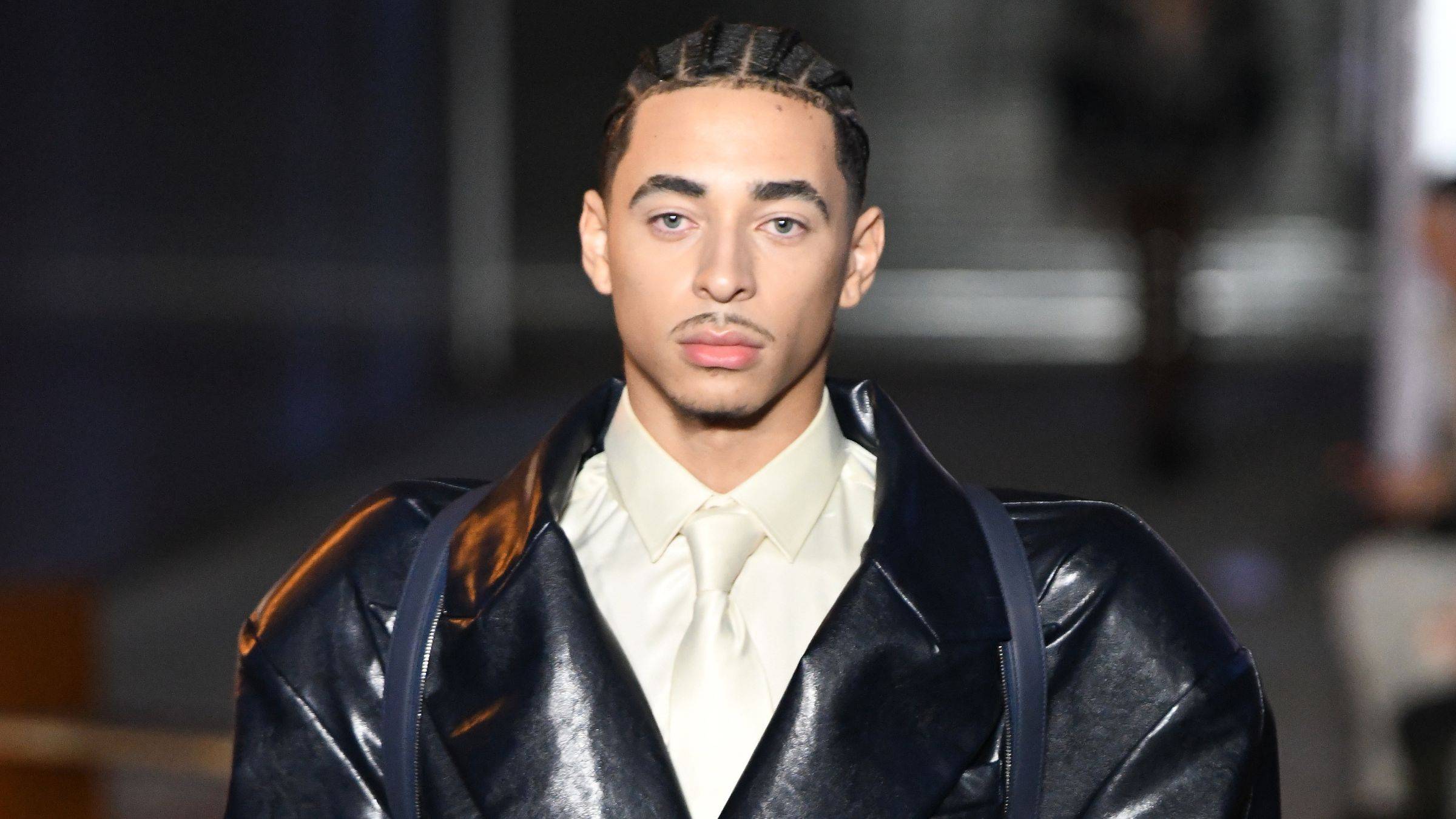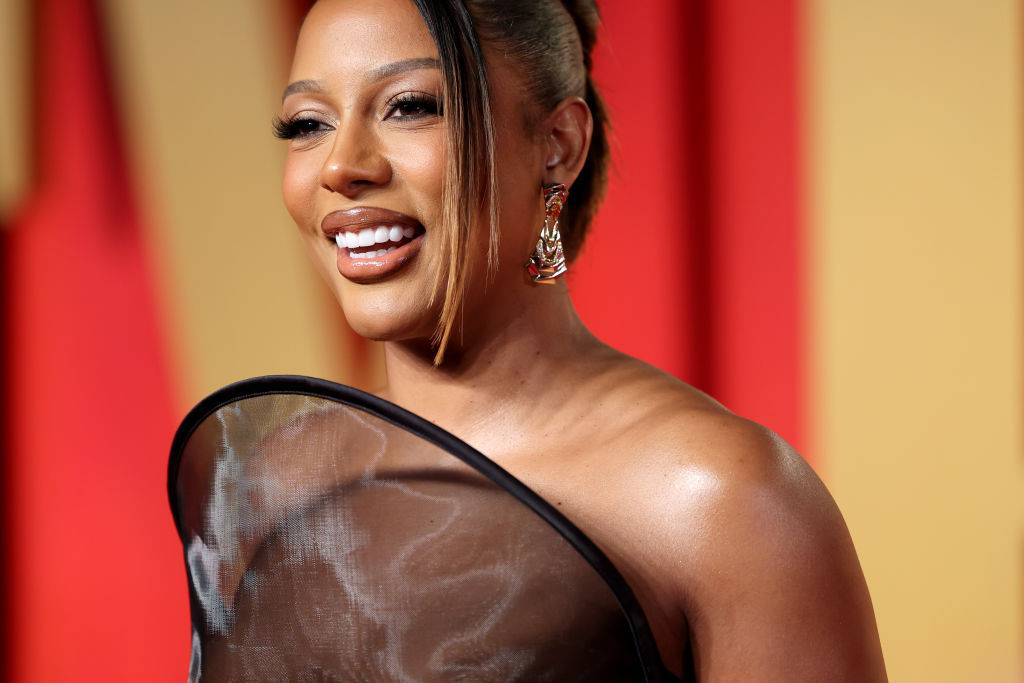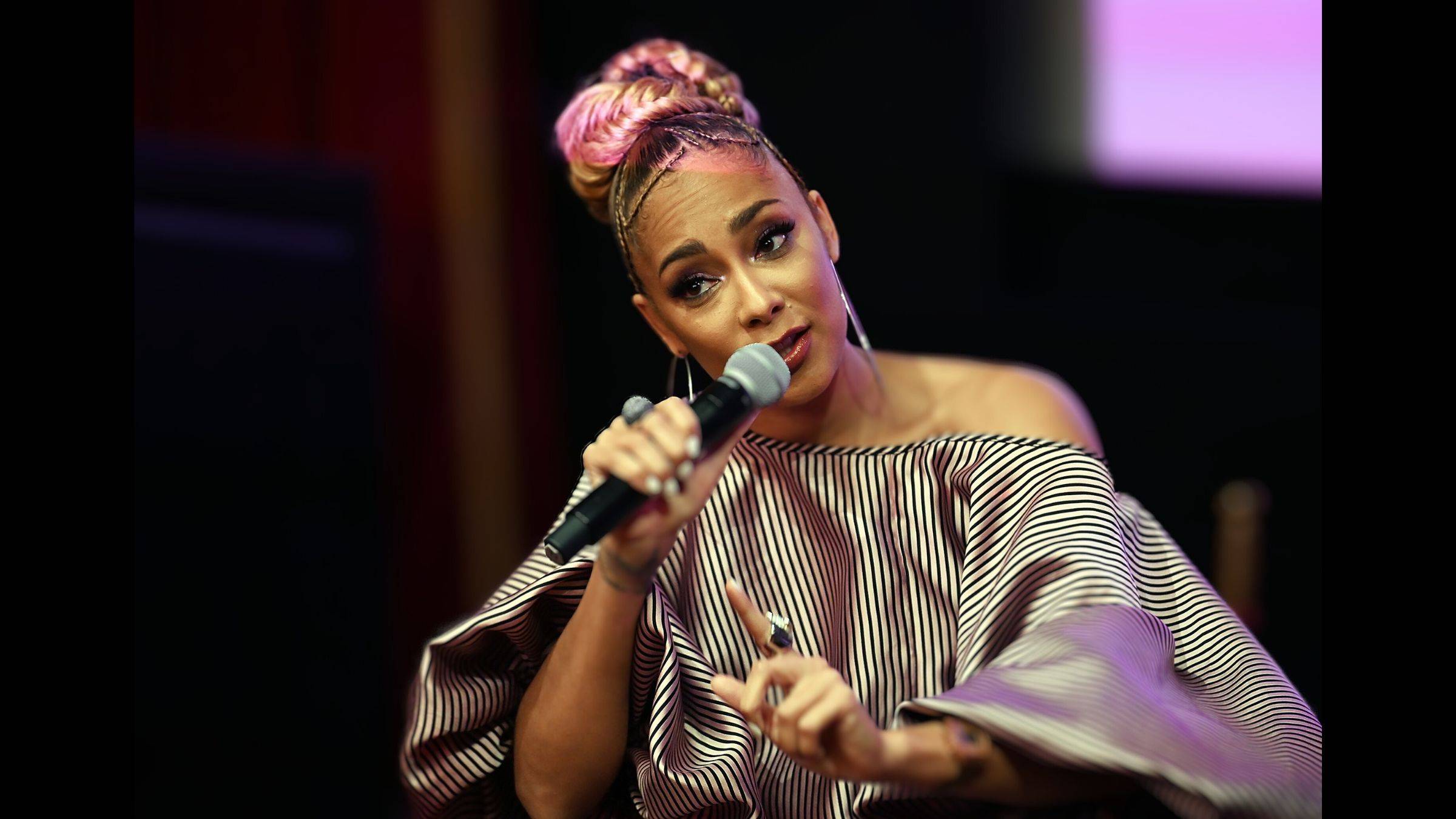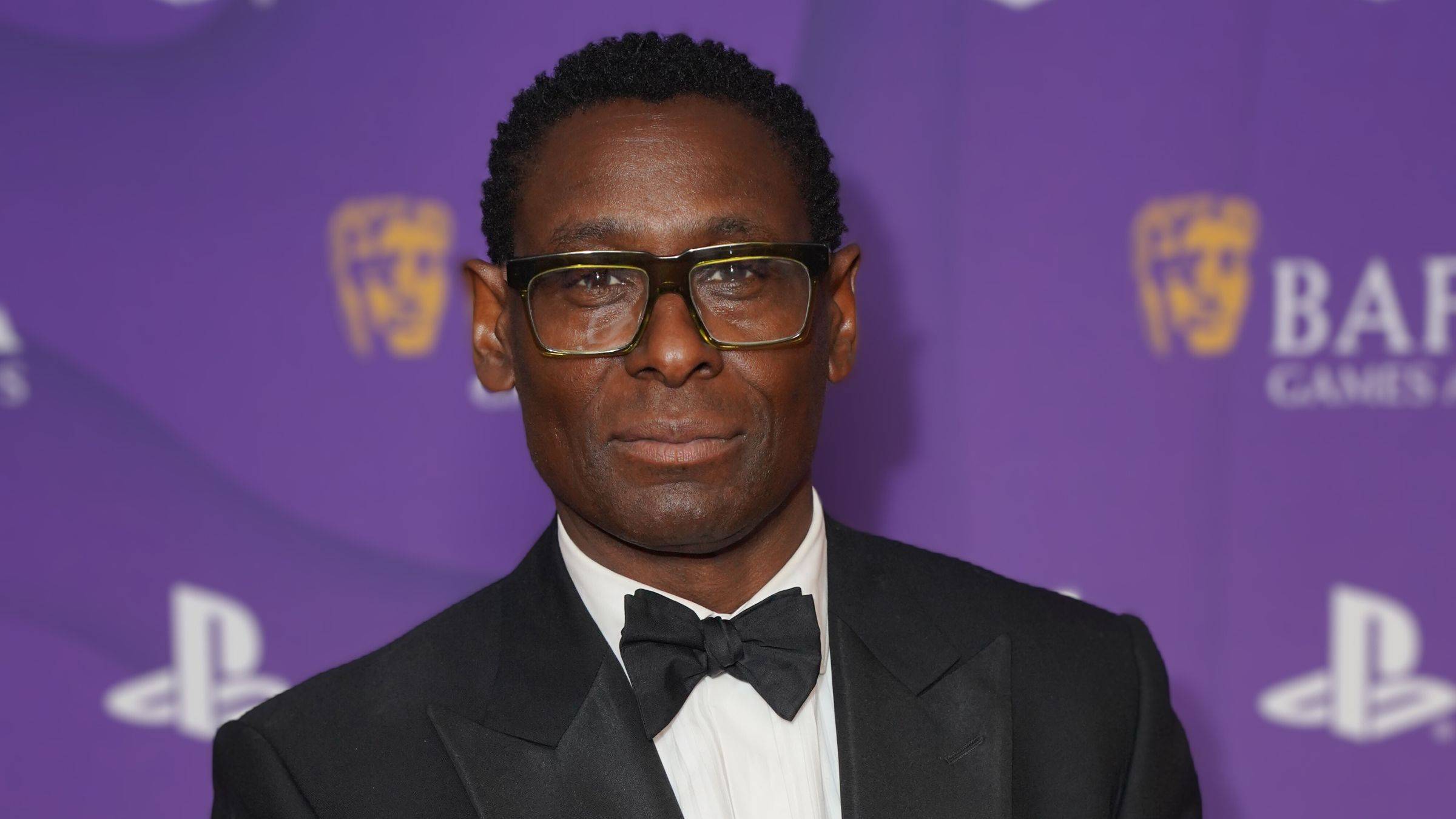Antoine Fuqua On Giving Muhammad Ali Back His Voice And The Responsibility Of Telling Black Stories
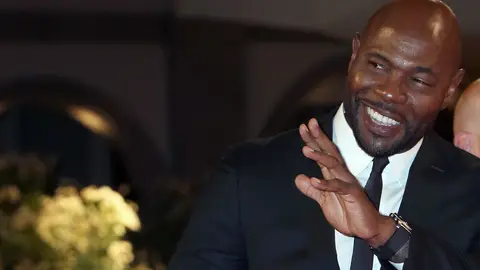
When Antoine Fuqua walked his first-ever red carpet — for the 2002 Academy Awards, where his film Training Day had been up for a few Oscars — he didn’t get a lot of attention.
“No one knew who I was,” he chuckled. “And no one really cared.”
A shame, really, especially given Fuqua’s history and lineage up until, and including, that point. The nephew of R&B legend Harvey Fuqua — whose song “Sincerely” hit the top of the charts in the 1950s, who was instrumental in the successful launch of Motown Records, and whose group, the Moonglows, was inducted into the Rock and Roll Hall of Fame in 2000 — Fuqua carved out a name for himself by directing music videos for legends such as Prince, Toni Braxton and Stevie Wonder.
“I’ve made it my mission throughout my career to let my work speak for itself,” he said. “I never expected anything to be handed to me. I didn’t necessarily want fame or riches — I just wanted respect from my peers and a solid career in the industry.”
It didn’t take long for the Pittsburgh native to get what he wanted, by orders of magnitude. After his career as a music video director began to fade — thanks, in no small part, to the influx of the reality shows that would come to define MTV and VH1 — Fuqua transitioned to film, where he took his first spin in the director’s seat in 1998’s The Replacement Killers, starring Chow Yun Fat and Mira Sorvino.
After his debut, he took the directorial role in the life-changing Training Day; his resume runs the gamut of diversity from the sword-and-sorcery of 2004’s King Arthur to the sports roman a clef of 2014’s Southpaw.
Along the way, of course, Fuqua has watched filmmaking grow and evolve, forcing him to grow and evolve with the times. But it’s a challenge that the 53-year-old father of three welcomes.
“For me, I’m well aware that the nature of filmmaking has changed,” he said. “And as well it should. That’s the nature of the medium — the art — itself. It’s supposed to open your mind to new lessons, to open your heart to new experiences, to transport you to a world you otherwise wouldn’t be transported to; one, even, you might never see but for proper filmmaking.”
The nature of filmmaking for Fuqua has changed, too: where once he was known for his narrative work, with actors like Denzel Washington, Til Schweiger, Melissa Leo and Ethan Hawke serving as his frequent collaborators, he’s now expanding his repertoire into the documentary space.
And that’s where What’s My Name: Muhammad Ali comes in. The film, which premiered at the Tribeca Film Festival on April 28, is a two-part documentary that tells the legendary boxer’s story in his own words.
“Muhammad Ali’s story is a story that’s become the stuff of legend,” he said. “And that’s all good and fine. Why should he not be? He was so many things to so many people — a boxer, an activist, a character — and that, all, should be celebrated. But I wanted Muhammad Ali to tell his story in his own words.”
With the blessing of the surviving members of the Ali family, Fuqua accomplished this using what’s known as an “all-archival” approach — he assembled footage, including some never-before-seen footage, that only featured Ali speaking in his own words, and telling his own story. It’s a similar approach he took to his debut documentary film — 2018’s American Dream/American Knightmare, which debuted on Showtime and told the story of Death Row records capo Marion “Suge” Knight in his own words — but, this time, his narrator was much more reliable (and, dare we say, likeable).
Whereas Fuqua had the advantage of dealing with a living character in his first documentary experience — American Dream/American Knightmare was based on Fuqua’s conversations with Knight — he wasn’t so lucky with What’s My Name: Muhammad Ali. Ali, who died in June 2016, obviously couldn’t be there for fact-checking, follow-up interviews and the like. That’s why, said Fuqua, it was important to have the blessing of the surviving members of the Ali family, and to have a wide breadth of archival information from which to cull information.
Documentaries, in general, are often filtered through various lenses — the director’s lens, to be sure, but also through the lens of those who are telling the story of the subject. It’s risky, in some ways, to have the subject of the documentary tell his or her whole story, simply because a self-narrator is unreliable.
But Fuqua wouldn’t have had it any other way. “It’s Muhammad Ali,” he said, plainly. “If he can’t tell his own story, who could?”
The resultant film, it goes without saying, is nothing short of spectacular: Ali’s highs and lows, both in private and on the world stage, are given a context and a depth of character that had never been depicted before in a narrative or a documentary film.
Given the response of those in attendance — the hooting, the hollering, the loud cheers — Fuqua’s efforts will be well-rewarded. But he credits the overall “love” at the Tribeca Film Festival with the overwhelmingly positive response the film received.
“Oh, listen, it’s a blessing to be here,” he said. “I’m so honored. The culture — the energy — the people, the filmmakers and the press and the industry. It’s a beautiful thing all around.”
It also goes without saying that it’s a far different environment than the one Fuqua was in more than 15 years ago, on the Oscars red carpet. In addition to the changes in the method of filmmaking, the distribution models have been upended (Netflix is, of course, the content king, with Hulu, Amazon and iTunes rounding out the all-digital model), and the face of filmmaking has changed, as well.
The Black experience is not only well represented in the filmmaking subjects at the Tribeca Film Festival — its opening night gala featured the HBO-backed documentary on the legendary Apollo Theater in New York City — but in the faces in the directors' chairs, as well. Former Kanye West collaborators Coodie & Chike have a “spotlight documentary” feature with A Kid From Coney Island; Spike Lee protégé Stefon Bristol is receiving accolades for See You Yesterday; even Whoopi Goldberg is hosting an “immersive talk” at the Festival.
Whereas the Tribeca Film Festival was once almost exclusively the domain of trust-fund babies whose parents sent them to film school, and stuck-up white male directors, today’s Tribeca Film Festival features a breadth of diversity that is still notably absent in Hollywood today.
But when asked if he feels that only Black filmmakers should tell Black stories — an extension, in a way, of Jordan Peele’s previous comment about refusing to cast white actors in lead roles — Fuqua’s answer is a bit surprising.
“Absolutely not,” he said. “At least, I hope not. Yes, there are some filmmakers that are just not good at telling the story, but that has nothing to do with their race. The point of filmmaking is to not only learn, but to teach. And as long as you have reverence for the subject, let the art of the filmmaking — the work — speak for itself.”
What’s My Name: Muhammad Ali debuts on HBO TUESDAY, MAY 14 (8:00-10:45 p.m. ET/PT)
